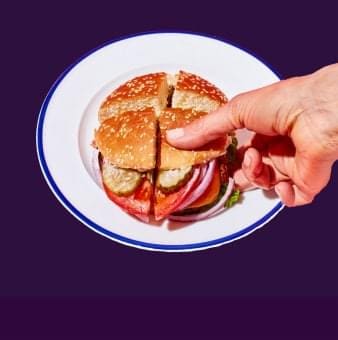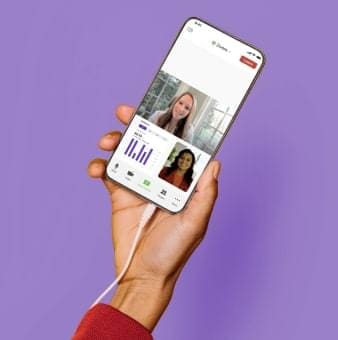5 key takeaways from Obesity Week

Our Experts Weight loss
Dr. Tim Church, MD, MPH, PHD, Wondr Health Chief Medical Officer, shares key insights from this year's ObesityWeek: Where Science and Treatment Meet
Obesity and weight treatment strategies remain a concern within corporate America, as many employers are scratching their heads at how to best tackle their weight-related healthcare costs. Each year during ObesityWeek, The Obesity Society brings together the world’s leading experts and medical professionals to share knowledge on how to best prevent and treat obesity at an individual and population-based level. This year’s meeting was the first in-person event since 2019. While many things have changed, this collective’s commitment to helping people live better, healthier, and longer lives has not.
Here are my key takeaways from this year’s ObesityWeek:
1. The wave of weight loss medications
Weight loss medication (or AOMs as the cool kids call them) use is on the rise and offers promising results. Though GLP-1 medications have been on the market for diabetes for years, a few have recently been approved for weight-loss treatment—you’ve probably seen the advertisements—with even more options on the horizon. Don’t let the celebrity stories about these medications distract you—these are very important tools in the clinical toolbox. While they produce substantial weight loss and improvements in health, the challenge is how we will pay for them.
2. Cost is king
At the conference, you could not avoid the controversial discussion of the cost of these medications Cost varies depending on the use and type of medication ($15 for older generations vs. up to $1400 for the new GLP-1’s for a month’s supply). If you’re a small employer, or an employer with a seasonal workforce, it might be hard to justify paying for the more expensive medications. And then there’s the stuff that is just hard to explain—the same medication can be twice as expensive when used for weight loss versus Type 2. I expect this to be a hot discussion in 2023.
3. Adding a little support creates big opportunities
The interesting thing about medications is that they provide much more weight loss and clinical benefit when supported with strong behavioral intervention. Unfortunately, there are not enough weight loss practitioners to do this, and there’s a surprising lack of accessible behavioral interventions supporting patients using AOMs.
4. Exercise for the sake of better health
For the longest time at this conference, exercise is often pitted against weight loss as if one was more important than the other. It was refreshing to see presenter after presenter promote exercise for the sake of better physical and mental health, completely unrelated to the role of exercise in weight loss.
5. Empathy conquers all
The standing takeaway was the focus on leading your behavioral strategies with less judgement and more empathy. While it may seem obvious, making people feel bad about themselves isn’t a great way to start building life skills. Most reassuring was the alignment with our program philosophies and goals. The Wondr Health curriculum was built with a judgment-free approach and meets people where they’re at.
It was great to see old friends and make new ones at this year’s ObesityWeek. For the first time, we have some exciting treatment options which have the opportunity to help the masses. However, we also have some challenges as to how we’re going to pay for them and how we’re going to support the masses in their weight loss and maintenance journey.





